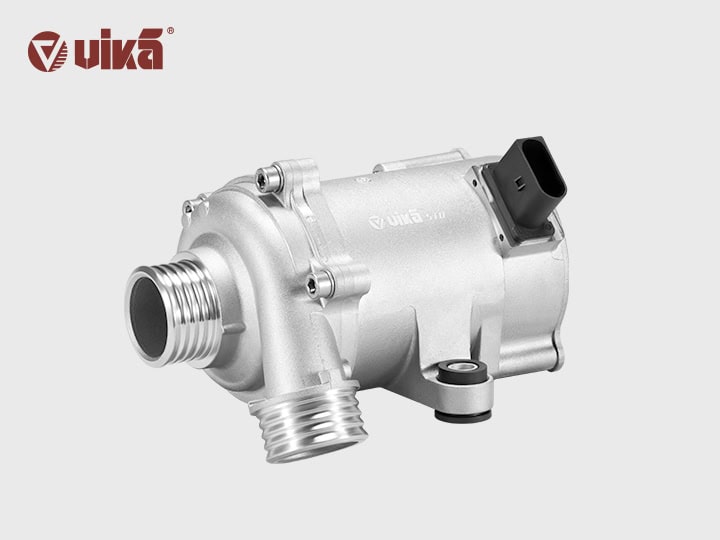What is the service life of a BMW N20 water pump?
07-14,2025
Typical symptoms of a failed BMW N20 water pump:
Water temperature alarm: The instrument panel indicates overheating of the engine, and the electronic fan rotates at high speed continuously.
Abnormal noise and leakage: The water pump bearing is damaged and generates rustling friction sound, and coolant crystallization can be found in the vent.
Instability in idle status: Abnormal resistance of the water pump causes fluctuations in engine RPM and even stalling.
Factors affecting the service life of an N20 water pump:
Material and design defects: The N20 water pump has a shorter service life due to the use of plastic impellers and other designs.
Coolant quality: Failure to replace the coolant for long can lead to the formation of scale, blocking of the impeller, or accelerated hardening of the sealing ring.
Cooling system maintenance: Regular inspection and maintenance of the cooling system can prolong the service life of the water pump.
Driving environment: Driving in high temperature or high load environments frequently can reduce the service life of the water pump.
Use frequency: Frequent short-distance drives or cold starts will increase the burden on the water pump.

Advantages of vika N20 water pump:
1. Internal circulation heat dissipation is added for vika N20 water pump, and it features a shaft inner hole design and good cooling effect;
2. The pump features a separate motor yoke, sine control, strong matching stability, and excellent NVH performance. The rotor volume is small, and the material of the motor stator has been changed to stainless steel to prevent cracking. A 4-magnet structure is adopted, leading to more uniform magnetic force and a 5% increase in anti-demagnetization capacity.
3. A dedicated IPM integration module is adopted. Components generating much heat are integrated and arranged in optimal heat dissipation positions. The general efficiency is increased by 12%.
4. Precision resistance welding, high stability, and high productivity;
5. A platform-based structural design is adopted. The components are highly universal, and motor operations are conducted on a platform;
6. Lightweight component designs lead to lower overall weight and higher performance.
